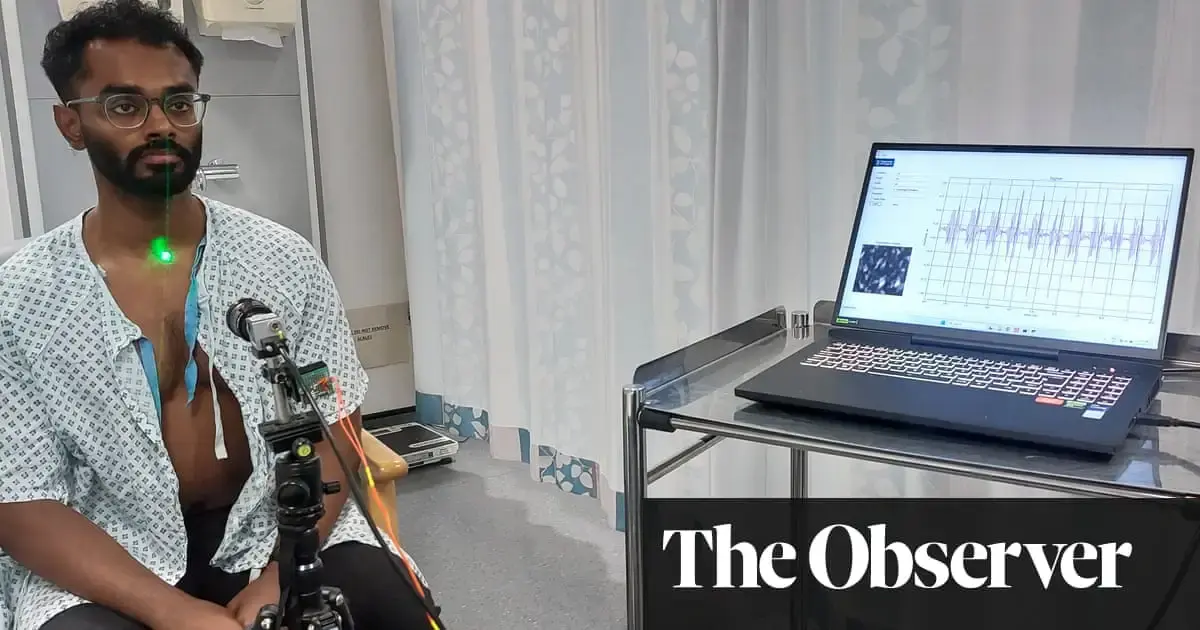Neat technology, but nonsense title. The Stethoscope is rarely used for something as specific as the heartbeat anymore. Listening to various body systems, though? That’s where it finds use.
Are the lungs congested? Confirming what the sinus rhythm is showi?
Computers, for all their advancements are still diagnostic tools that need confirmation. They still give off false positives and miss things.
Yeah, but having a targeting laser pointed at you looks pretty sick! And isn’t that what medicine is actually all about?
I would trust an EKG 400x more than this any day. Or even a $15 pulse oximeter off Amazon for basic pulse checking.
Why
I’m not a doctor, but a technologist. A new diagnostics tool? Good! But I can guarantee that good doctors won’t ditch the stethoscope for anything else. No amount of automation can replace the reassurance that your own senses give you.
This is perhaps more true in the case of mechanical engineering. The touch and feel of the machines can be unfamiliar and changing. And the diagnostics tools are more available (because invasive probing is more acceptable). Despite this, I have noticed that myself and others depend on sight, sounds, heat and sometimes even smell to keep a tab on their health. I don’t think any professional would consider completely cutting off their own senses.
I mean, I don’t use a scope to listen to pulse. I listen for murmurs, heart sounds, breathing, gut sounds. It sounds nice, but I doubt it is gonna give better info than what can be gotten from a stethoscope, ekg, or ultrasound(this is where a lot of the cutting edge is now in medicine).
🤖 I’m a bot that provides automatic summaries for articles:
Click here to see the summary
Scientists have developed a laser camera that can read a person’s heartbeat at a distance and pinpoint signs that they might be suffering from cardiovascular illnesses.
“This technology could be set up in booths in shopping malls where people could get a quick heartbeat reading that could then be added to their online medical records,” said Professor Daniele Faccio of the university’s Advanced Research Centre.
Other devices would include monitors to track blood pressure abnormalities or subtle changes in gait – an early sign of the onset of Alzheimer’s disease.
“We use advanced computing systems to filter out everything except the vibrations caused by a person’s heartbeat – even though it is a much weaker signal than the other noises emanating from their chest.
Analysis of the resulting signals allows health staff to detect changes in heart rate – not against a statistical average for a population but against a person’s own specific cardiac behaviour.
That makes it invaluable in spotting changes that might be occurring in their heart and to pinpoint specific defects, said Faccio, whose team has established a start-up company, LightHearted AI, which is now seeking venture capital to expand development of their devices.
Saved 69% of original text.




